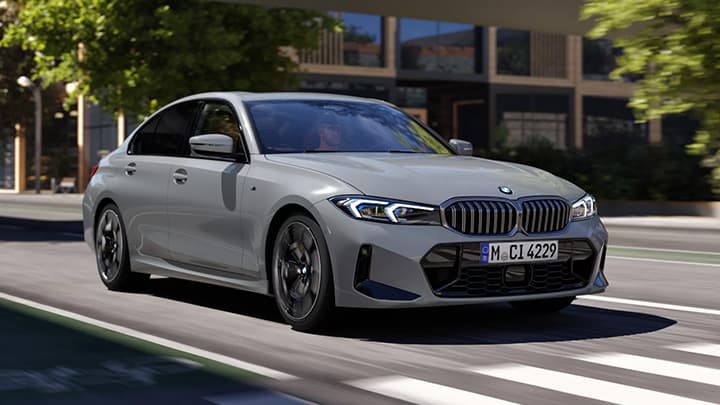At FinancialMediaGuide, we note that the market reacted instantly: BMW shares dropped nearly 7% after the automaker cut its 2025 profit forecast. The decision underscores two major strategic challenges – rising tariff pressures and weakening demand in China, a market that remains the core growth engine for global luxury brands.
Late Tuesday, BMW announced that it now expects a slight decline in pretax earnings, compared to earlier guidance for stable performance versus 2024. The company also halved its free cash flow forecast for its automotive division to over €2.5 billion (from a previous estimate of around €5 billion) and narrowed its operating margin range to 5–6% from 5–7%.
Our analysts at FinancialMediaGuide emphasize that this is not just a reaction to delayed customs refunds in the U.S. and Germany – it reflects deeper instability in global supply chains and a shifting trade landscape. While BMW remains Germany’s largest auto exporter and operates one of its biggest plants in the U.S., logistical and regulatory frictions are increasingly weighing on financial performance.
The company still expects the European Union to retroactively eliminate import tariffs under its new trade framework with the U.S., but actual compensation – reportedly in the high hundreds of millions of euros – will likely not arrive until next year. This delay adds near-term cash flow strain and limits BMW’s financial flexibility.
At FinancialMediaGuide, we also highlight that analysts from UBS and J.P. Morgan view the weakness in China as a far greater threat than tariffs. BMW’s sales in China fell short of expectations, raising concerns about the company’s ability to maintain both volume momentum and pricing power in its most profitable market.
J.P. Morgan analysts noted: “More important than tariffs will be BMW’s capacity to stabilize sales volumes and preserve pricing strength in China by FY2026 – that will determine the company’s long-term competitiveness.”
Meanwhile, shares of Mercedes-Benz, which also reported lower sales due to tariff pressures and China’s slowdown, dropped 3.5%, confirming that European automakers are facing systemic challenges.
We at Financial Media Guide believe BMW’s revised outlook marks the beginning of a new phase in the global automotive economy – one shaped by higher tariffs, geopolitical volatility, and structural cooling of Chinese demand. Financial resilience, cost discipline, and strategic agility are becoming the decisive factors for survival in the premium segment.
Our conclusion: BMW’s upcoming November 5 earnings report will serve as a key indicator not only of the company’s operational strength but also of the broader European auto industry’s ability to adapt to a world where economic logic and political realities no longer move in sync.













